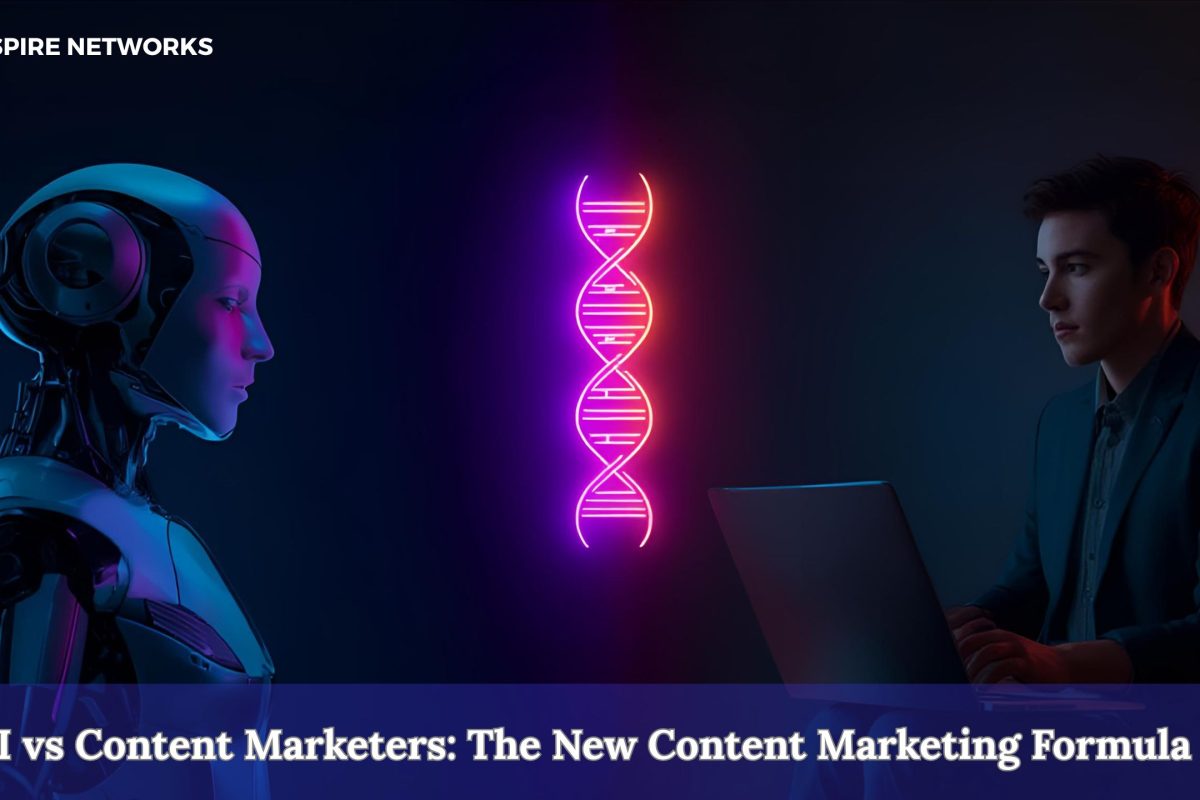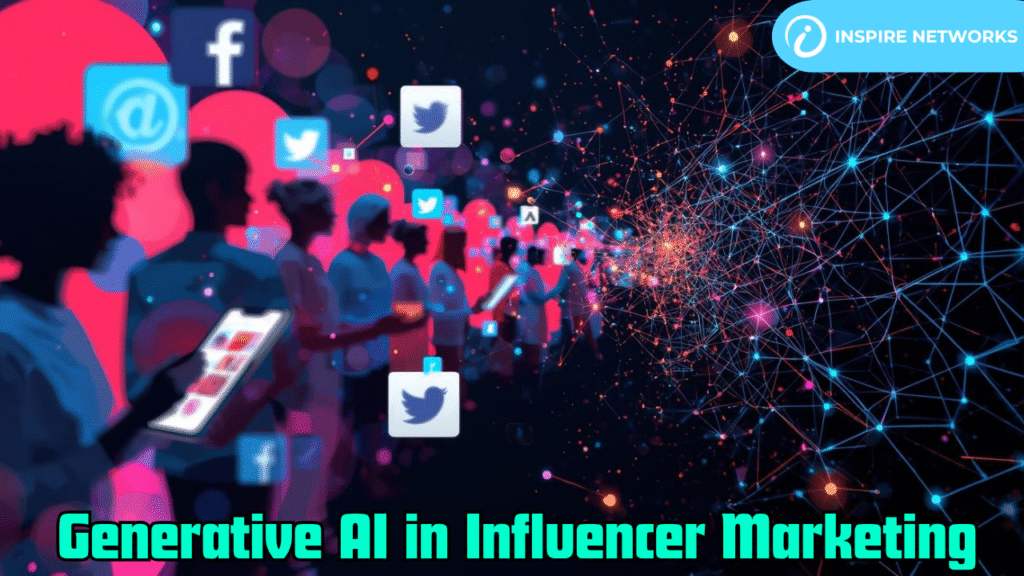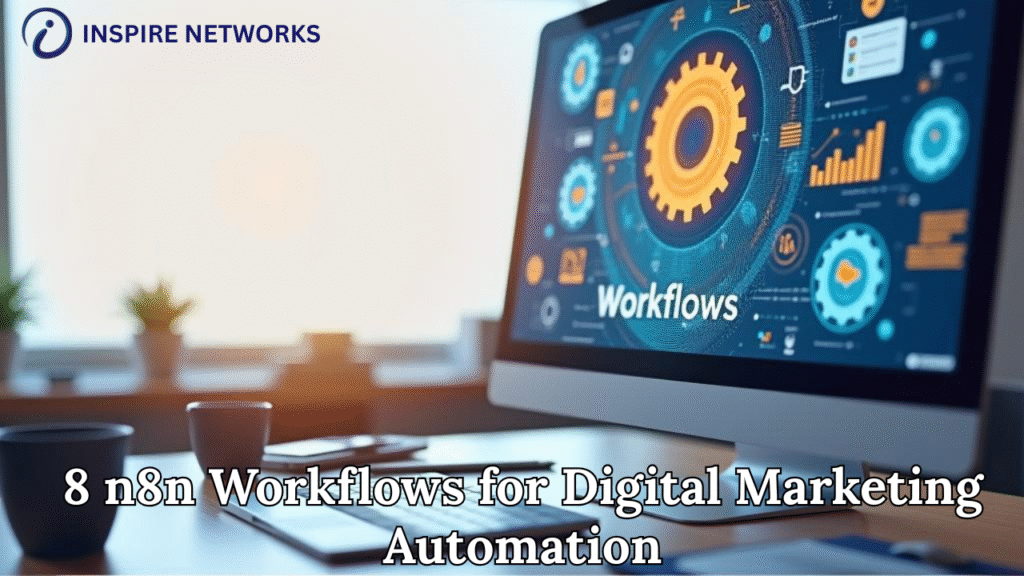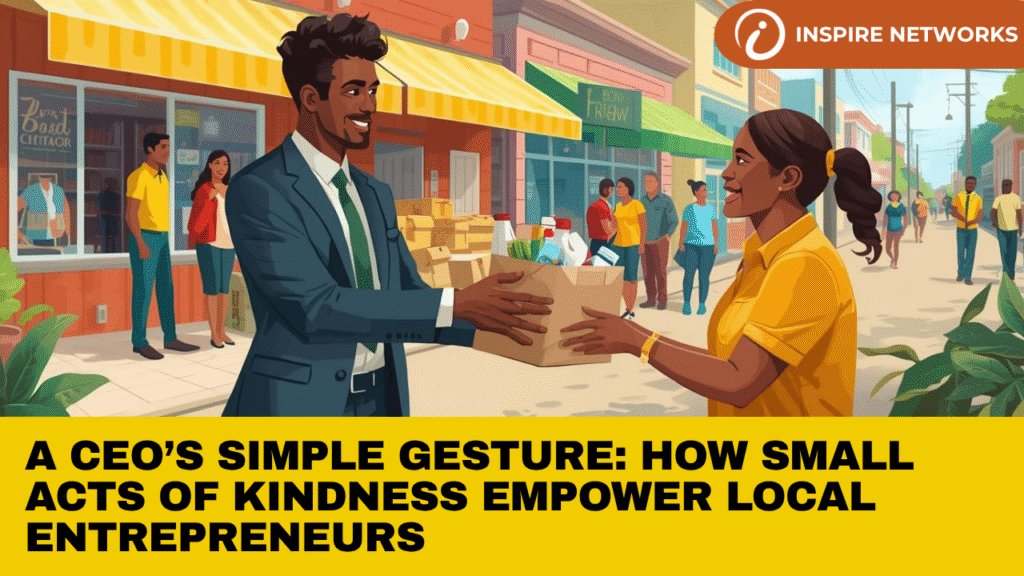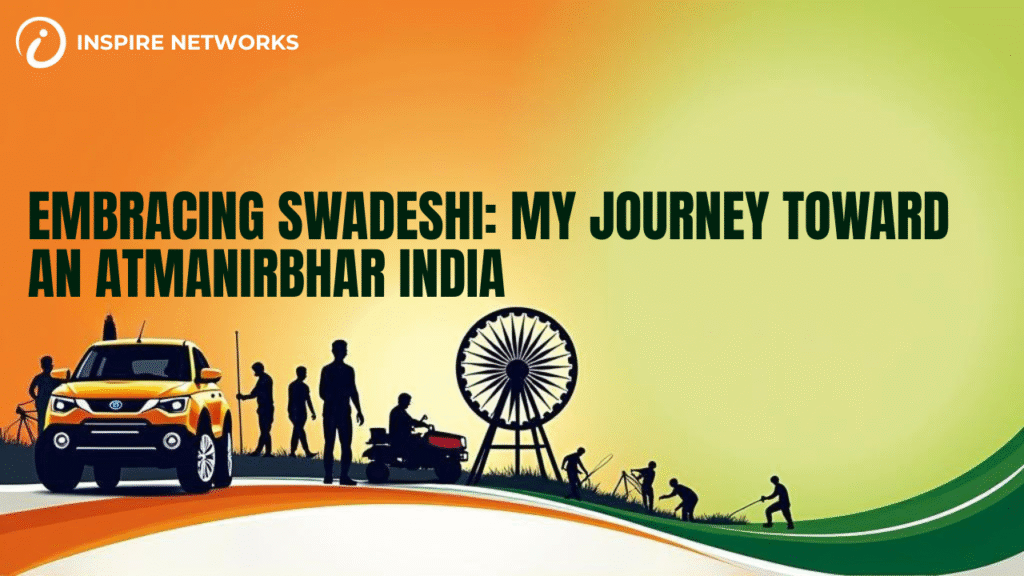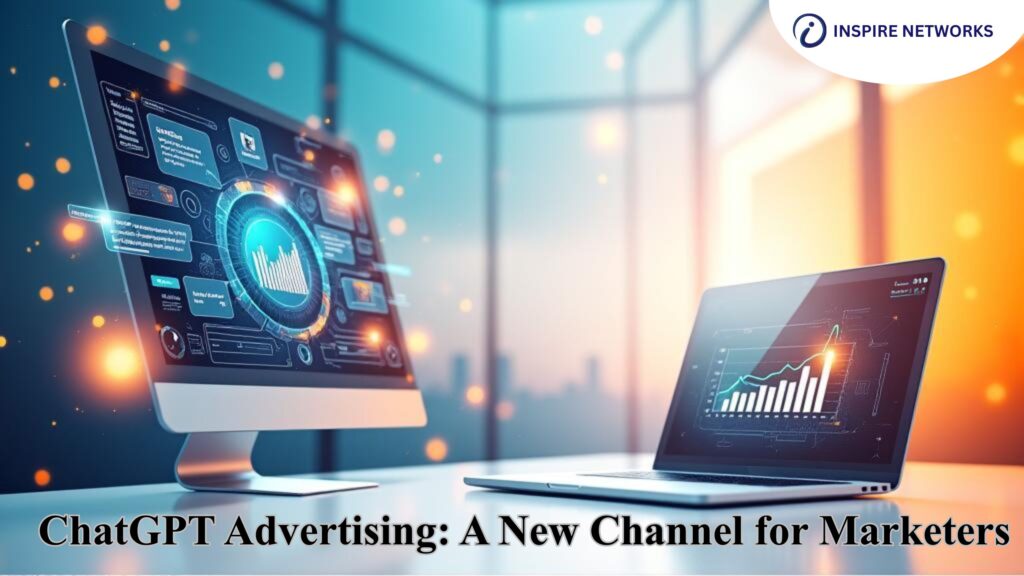Introduction
The advent of Artificial Intelligence(AI) has changed almost everything about digital marketing content marketing. It used to be based on the creativity of human beings but in this era intelligent algorithms can modify and personalize at scale an ever-increasing amount of content. As content marketing speeds along this path of rapid change, debate is rife: Will AI replace people who work as content marketers or will it change their jobs in some other way?
The truth is in between. Instead of seeing AI as a competitor, smart marketers are learning to incorporate it into their strategies. Adding in creativity and efficacy, there’s no reason why writers and other staff have to be left out or reduced to replaceable bits of code. In this blog post we will examine how AI is changing the landscape of content marketing; what advantages it brings and what limitations are currently present; we also look at how marketers can develop a balanced strategy that harnesses both human and machine intelligence.
The Rise of AI in Content Marketing
AI first entered into content creation by offering simple services such as grammar checking or a keyword analysis tool, but now it has developed even further. Today, AI-driven platforms such as ChatGPT, Jasper, Copy.ai and Grammarly can manage work from ideation to writing: and even SEO optimization and audience targeting at little cost.
These technologies are supported by a combination of Natural Language Processing (NLP) and machine learning algorithms. The result is writing that resembles what a human would produce; without any humans involved. Now, brands can automaterepetitive tasks and provide hyper-personalized messages to their audience: all in an instant.
In sum, AI is no longer merely a”behind the scenes” tool but is becoming in its own right active helping hand for marketers in her every phase.
AI’s Strengths: Efficiency, Scale, and Data-Driven Insights
When it comes to advantages, then efficiency is the biggest one. A blog post draft can be generated by AI-powered platforms, headlines can be optimized for search engine optimization (SEO) and audience engagement data parsed in minutes. This is in no small part thanks to the reduction of non-work hours and production costs it brings for marketers.
Another strong point of AI lies in its personalization. Drawing on big data, AI can segment different audience groups according to behavior patterns and preferences as well as demographics. Then it provides appropriately tailored content for each different segment. To give just one example: AI may suggest personalization based on product recommendations email campaigns, dynamic blogging material or static blog content which struck a chord with individual readers, using reader data from your website to steer the process accordingly.”
AI also comes into its own in data analysis. Where humans might struggle to make sense of complex engagement metrics, the instant identification of patterns in user behavior by AI tools or knowledge about which content strategies work best, allows companies to make better decisions that produce a higher ROI.
The Human Advantage: Creativity, Emotion, and Strategy
Even if it is more powerful, AI could not replicate the depth of human creativity, empathy, or strategic thinking. Content marketing is not only about producing a mass of words. It’s also vibrantly making an emotional connection with people according to personal messages, subtleties in cultural differences, and actually showing trust by being genuine.
Though AI can produce polished-looking text, it tends to miss the originality, tone and subtlety which human authors give to stories. Content marketers know how to build narratives that match brand image, stir feelings and encourage action.
Besides, marketing that achieves its goal requires strategic vision–something that AI cannot create by itself. A content marketer can tell when to go against the accepted norm of algorithms, how for example with new ideas the joy of experimenting can bring new pleasures, and that content must reflect long-term business strategy or it will be counterproductive. But when combined, man still reigns supreme when it comes to creativity and emotional intelligence on the one hand AI speed and accuracy on the other.
AI vs Content Marketing: Competing or Collaborating?
It’s easy to look at AI as a menace to human jobs, but in fact AI is better thought of as your assistant. Instead of replacing us, AI makes us more able to do our work. The best results occur when human creativity and AI’s computer brain come together in perfect balance.
For example, a content marketer can use AI to generate outlines of content, research keywords, see what competitor is doing anything better than they are — then put his personal spin on those topics by sophistication of style, structure, or story telling. Similarly, AI can take on repetitive tasks such as content scheduling, proof-reading, or even part of interpretation for data analysis and reports – which frees marketers to focus on innovative projects that have yet to come into being.
This partnership means marketers can expand their business while still keeping the human touch — just like painting flowers into a landscape or adding cinnamon and nutmeg to bland custard. In other words, sell out with artistry in one hand and automation in the other.
AI’s Role in Content Marketing: Obstacles to Overcome.
Though AI has a host of rewards waiting in store, there are also problems which it brings along with them. Over-reliance on AI can turn content generically tedious and dull, losing the brand’s character. Also, algorithms sometimes misunderstand user intention or culture nuances–resulting in errors or simply unreadable messages.
Ethical questions pop up here too, like plagiarism, misinformation and transparency. This is something that marketers have to watch out for: content produced by AI must follow principles such as originality, accuracy, and honesty.
Beyond that, the human workforce must also change. Marketers need to learn the ropes: how best to use AI tools, what exactly they are seeing in the data and above all retain its creativity as this becomes more and more automated.
Outlook: AI Content Marketing Skills Continue to Develop
As AI continues its evolution, the content marketer will slowly change from producer to guide-teacher of AI. Marketers establish less content by hand and spend promotional time managing AI-tools, interpreting data, controlling quality.
Tomorrow will belong to individuals that can juxtapose creativity with science— those that can utilize AI insights and automation to tell compelling stories. In this new era the marketers who consider AI to be an ally instead of a competitor will emerge as winners.
Conclusion
Ultimately, the (“AI versus content “) debate are two cats on a couch rather than jocularity. Just where content marketing will stand in this uncertain future is still unclear!
Ai brings speed, efficiency, and precision, while humans bring empathy creativity and depth. Together they compose an unbeatable marketing mix that guarantees engagement, authenticity, or growth.

